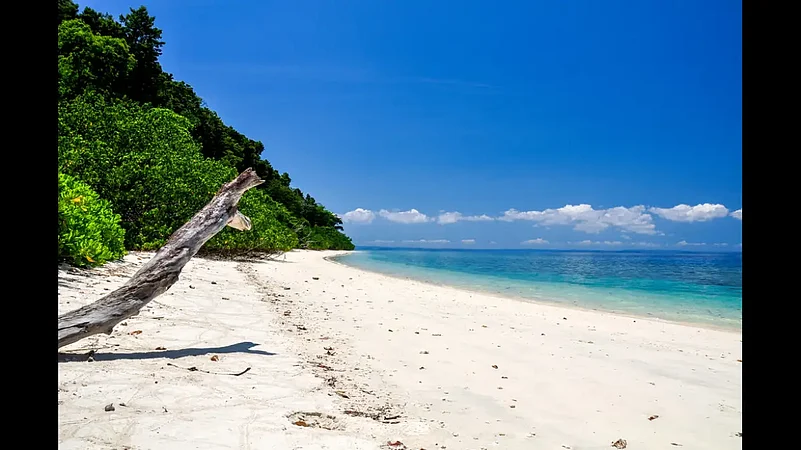Rakh Resort, Palampur
Overlooked by the snowbound Dhauladhar range of the Himalayas, this resort is located in a naturally landscaped hill top, about 30km away by road from Dharamshala. Mindful of their location, the resort has banked on use of local sustainable architecture to blend with the surrounding. The drinking water (after proper filtration) comes from a natural spring located on their premises; they do not use plastic or single use plastic. The kitchen uses ingredients from their own kitchen farm as well as source them from local village farms. Even the wheat flour used here is processed in a paan chakki or water mill in the village. Visitors cannot stop praising the jams, jellies and other preserves made by local people. For details, check here.
Camp Hornbill, Kyari
This community-led enterprise lies within Pawalgarh Conservation Reserve, which is part of Corbett Tiger Reserve. The camp is named after the three varieties of hornbills found in this area. Accommodation is provided in safari tents and mud houses. Most of the raw material to build the infrastructure at the camp have been locally sourced or made from repurposed and recycled material while all activities have been designed to ensure low carbon footprint. They have also developed a waterbody within the premises which not only provides a place to relax amidst nature but also bird watching opportunities. The ingredients for all meals prepared here are sourced from small home gardens and farms in the nearby villages. They also help guests keen to experience outdoor activities and wildlife ventures. For details, check here.
Barefoot Resorts, Havelock
Located in the beautiful Havelock beach of the Andaman and Nicobar Islands, the resort has adopted eco-friendly ways so that the fragile environment is not disturbed in any way. The structures have been built with renewable materials such as cane, thatch, and wood; villas and cottages built on stilts to allow the rain water to flow to the sea; raised a forest around them. Organically grown food either from their own kitchen gardens or sourced from local villages are used for preparation of meals. If you are looking for outdoor adventure, the resort can arrange them for you. For details, check here .
Banasura Hill Resort, Wayanad
Located inside the lush green forests of Wayanad, this resort has been made out of the mud which was excavated from the very site on which it stands. About 123km from Kozhikode, the resort is built across several elevations so that it blends with the surroundings. There is a waterfall at the resort’s backyard while a gurgling stream flows at a lower level. Containing the carbon footprint and supporting local village initiatives are part of the resort’s eco-friendly plans. With the resort as your base, you may visit Edakkal Caves, Kuruva Islands, Banasura Saar Dam, the surrounding wildlife reserves, etc. For details, check here.
Elephant Valley, Kodaikanal
If you are keen to move away from the perennial charm of Kodaikanal’s colonial legacy, then head to Dune Elephant Valley, about 20km away by road from the main town. Tucked inside the Palani hills, it is located on an old elephant migration route which runs through a coffee-spice plantation, and borders a national park. However, keeping in view the importance of the area as a biodiversity hotspot, they ensure amenities are eco-friendly in nature. So you will find solar lights, firewood fuelled hot water showers, etc. The rooms have been built with locally sourced granite and reclaimed wooden doors and windows, etc. The restaurant serves natural organic food grown in their own garden. For details, check here .





















